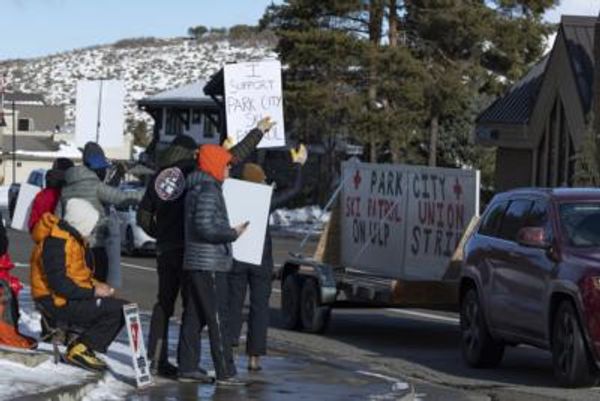
“There is not the tribe-has-spoken process. That’s not how we run the rule of law in Australia. We run the rule of law based on police. On courts. On rules of evidence. On presumption of innocence. That’s how liberal democracies function.”
That was Scott Morrison in 2021, defending, um, an alleged rapist from the mob.
Today, his party unironically demands that an entire cohort of people, lumped together as “hardened criminals” despite many of them having never been convicted of any crime, be locked up forever without the involvement of police, courts, rules of evidence or the presumption of anything except guilt.
These people have three things in common only: they are stateless; they have failed the “character test” as determined by a Commonwealth government minister’s discretion; and (as it happens, so far as we can tell from the public record) they are not Anglo-white.
The High Court’s decision in NZYQ, to bring an end to the practice of indefinite detention of people who have been denied a visa to remain in Australia but cannot practically be deported because there’s nowhere to send them, caused deep panic in a mystifyingly unprepared government last week, as 83 detainees had to be suddenly released.
Panic drives bad law-making, always, and it sure has in this case. The government’s hastily drafted Migration Amendment (Bridging Visa Conditions) Act, as further amended to comply with Dutton’s increasingly manic demands, is — I am very sure — constitutionally invalid.
The High Court’s reasoning was straightforward, although its detailed judgment is yet to come — it’s about the separation of powers. The constitution confirms that the powers historically reserved to the courts — including punishment of crime — are exclusively theirs. The other arms of government, Parliament and the executive, cannot validly exercise those powers.
Detention — deprivation of liberty — is punishment by definition, with a few limited exceptions the courts have been prepared to recognise, including detainment under mental health laws or for public health purposes (quarantine), denial of bail pending trial, and detention for the legitimate purposes of the Migration Act.
The courts recognise that Parliament has law-making power over aliens, under which it has validly legislated that non-citizens who don’t have a visa must be detained pending one of two outcomes: the grant of a visa, or deportation. In NZYQ, the court ruled that detention cannot go on forever, because eventually it ceases to be detention for a legitimate purpose and instead becomes punitive.
The rushed new law seeks to fix the problem this creates — “bad” people in the community — by sleight of hand. Instead of putting them back in detention, as Dutton demanded, it forces them into a new two-step process. First, they automatically get a new class of visa, which has mandatory conditions that are extremely restrictive; second, when they inevitably breach those conditions, they commit a new class of crime, for which they will get a mandatory minimum of one year in prison (up to a maximum of five).
The key to constitutional invalidity is in the visa conditions. All visas have conditions, designed to reflect the purpose for which they were granted. For example, a working holiday visa restricts working hours and durations; likewise a student visa.
The conditions on this new visa include a curfew, electronic monitoring devices, work restrictions including ministerial approval for any work involving contact with a minor, travel restrictions, notification of residence, notification of association or membership with “any organisation”, and financial restrictions.
If that list sounds familiar, it should, because it is closely similar to a form of criminal punishment routinely handed out by state courts — what is called a “non-custodial sentence”, or home detention. That is unquestionably punitive.
If you add up all the new visa conditions, what you see objectively is a form of house arrest. It constitutes obvious deprivation of liberty, and comfortably meets the definition of detention. It involves the denial or restriction of most of the basic freedoms we naturally expect.
As it is detention, but is not for a legitimate Migration Act purpose (these people already have a visa, and they can’t be deported), it is necessarily punitive. As explained, the executive government has no power to punish people for being unwelcome here.
The consequence is that the law which created this new shadow punishment regime is unconstitutional. I hope it’s challenged soon.
Turning to the pragmatic question for some of the relevant cohort, for example, the Malaysian man convicted in absentia of murder but who can’t be extradited because he would be executed, or the several child rapists, there are excellent reasons for the desire to restrict and monitor their movements closely.
This can be done, and the laws and powers to do it already exist. The High Court has repeatedly upheld as valid the raft of state laws that allow for continuing the imprisonment of criminal offenders after they’ve completed their sentences and even the pre-emptive detention of people on the basis of a perceived risk that they will commit certain crimes otherwise.
That is the appropriate mechanism for ensuring public safety in these very limited contexts. The Department of Home Affairs is not.
It should be obvious: would you want to be subject to punishment other than at the hands of a court, or without your criminal guilt having been determined beyond reasonable doubt? That is the rule of law.







